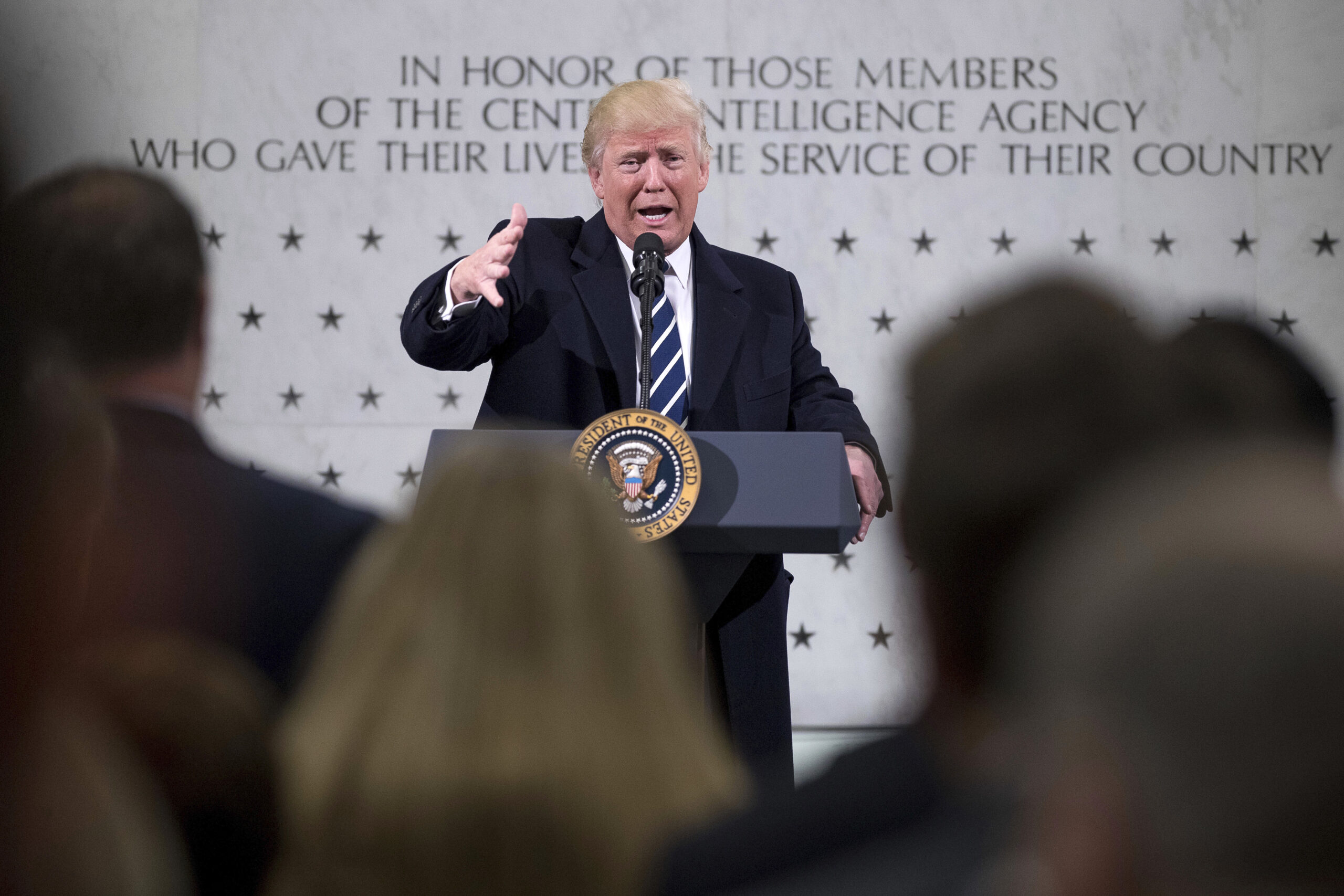President Donald Trump may want an investigation into alleged voter fraud surrounding the 2016 presidential election, but many of his fellow Republicans definitely do not.
“For a variety of political and logistical reasons — but mostly political — Congress will almost definitely not have Trump’s back,” The Washington Post reported.
On Wednesday, House Speaker Paul Ryan told MSNBC that “we haven’t been discussing” the voter investigation with President Trump, while the head of the House Oversight Committee, Utah Rep. Jason Chaffetz, said “the president has 100,000 people at the Department of Justice and if he wants to have an investigation, have at it.”
There would be a number of risks for Republicans in launching a voter fraud investigation, including undermining the 31 Republican gubernatorial secretaries of state, raising further doubts about Trump’s own legitimacy, distracting Congress from more pressing issues and the possibility that an investigation might uncover something totally unknown that makes the GOP look bad.
That said, a truly nonpartisan and unbiased investigation would force the government to inspect how disemboweling the Voting Rights Act of 2016, as well as the various discriminatory laws passed in GOP-controlled states to discourage Democratic voting, may have impacted the election in Trump’s favor. It could also inspire investigators to look further into allegations of Russian hacking, which Trump has already clearly demonstrated he’d prefer to avoid.
This hasn’t stopped Trump from continuing to push the unverified notion that his loss in the popular vote was due to voter fraud.
7:25am, CNN has Gregg Phillips on, @ChrisCuomo challenges Phillips’ lack of voter fraud evidence. 8:12am, Trump tweets about Gregg Phillips. pic.twitter.com/gQAvSAMXlB
— Brian Stelter (@brianstelter) January 27, 2017
Look forward to seeing final results of VoteStand. Gregg Phillips and crew say at least 3,000,000 votes were illegal. We must do better!
— Donald J. Trump (@realDonaldTrump) January 27, 2017
pic.twitter.com/yFhZtnSdXn — Daniel Dale (@ddale8) January 27, 2017
There is no evidence whatsoever that voting fraud could account for Trump losing the popular vote to Hillary Clinton. Even the discredited study that Trump keeps citing to make his case doesn’t lead to the conclusion that he won the popular vote. As explained by Professor Jesse Richman of Old Dominion University, who co-authored that study, if his original estimate about the rate of non-citizen voter fraud was correct, it would have only added between 800,000 and 900,000 votes to Clinton’s total — meaning she still would have won the popular vote by a margin of roughly 2 million.
WATCH: The President of the United States tweeted about Gregg Phillips this morning. He has placed his trust in him. I’ll let you judge. pic.twitter.com/maZJ0or4n0
— Yashar (@yashar) January 27, 2017

